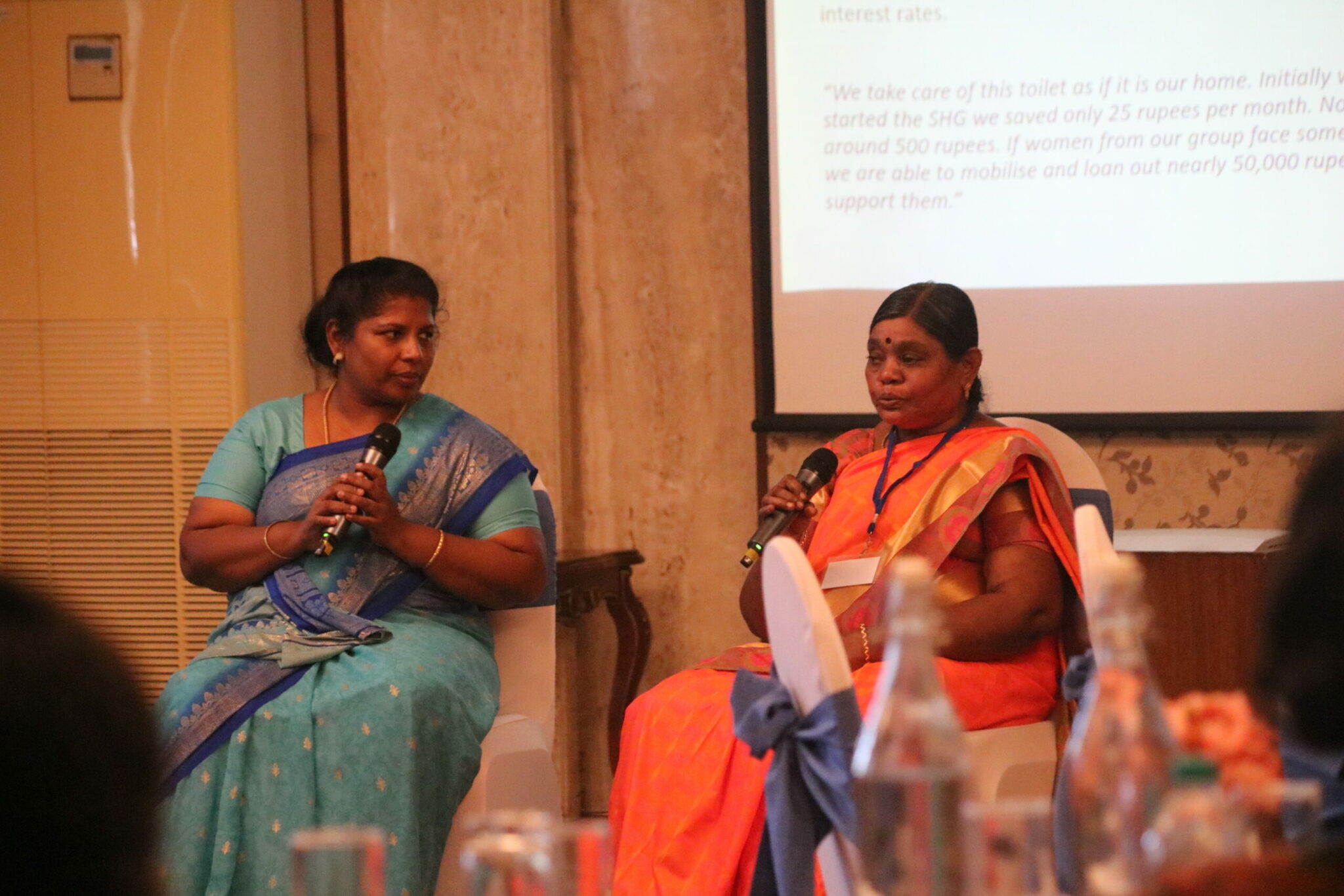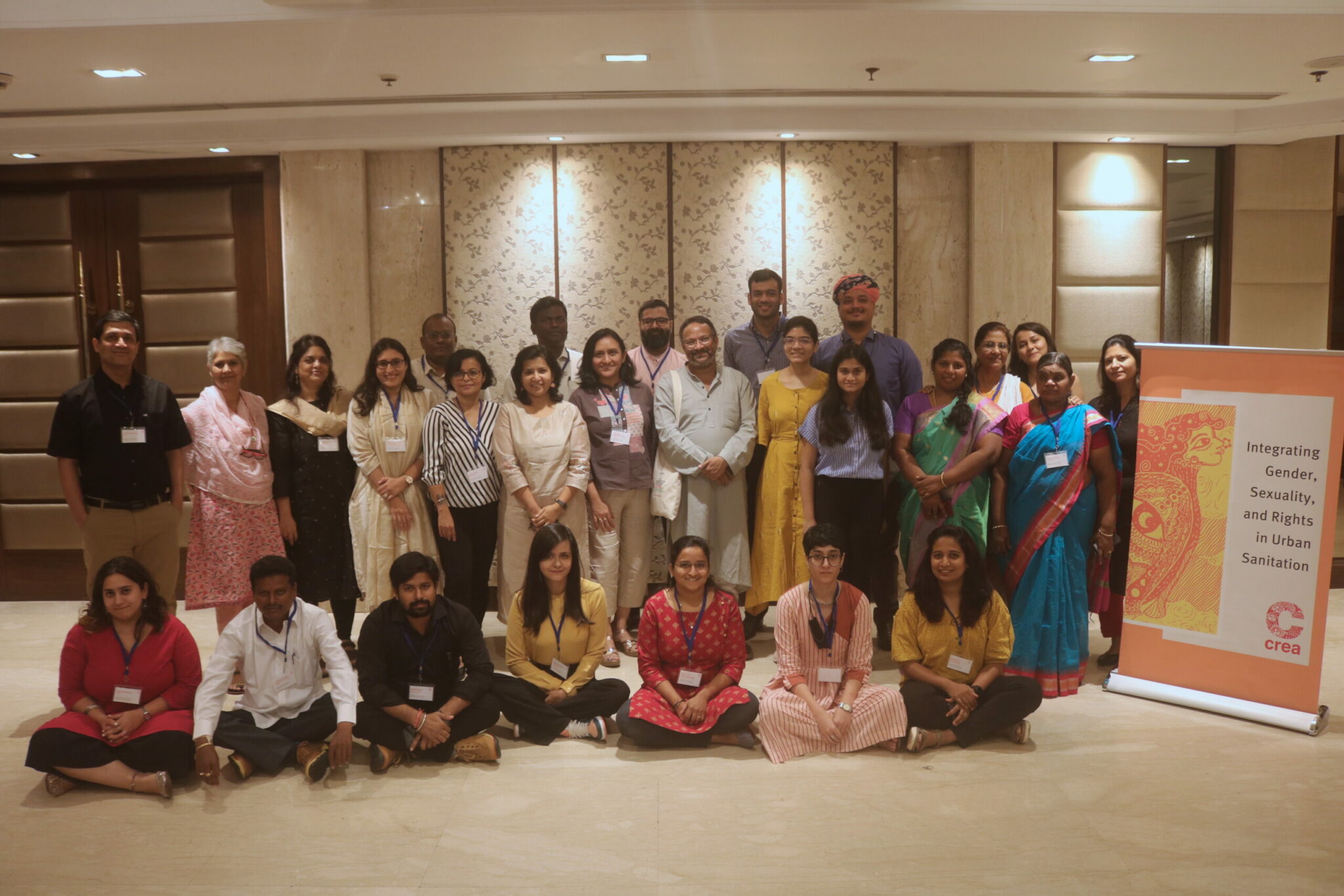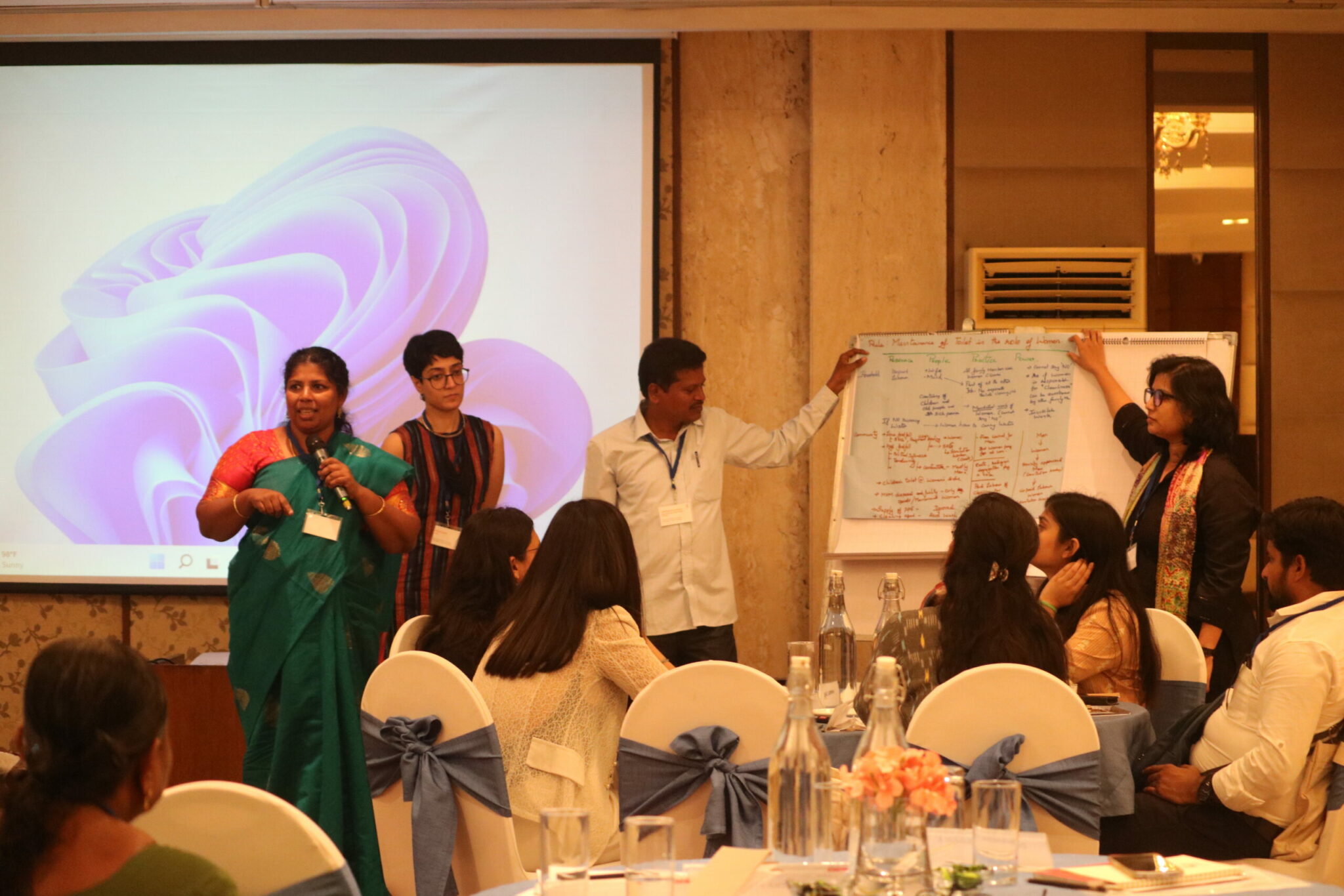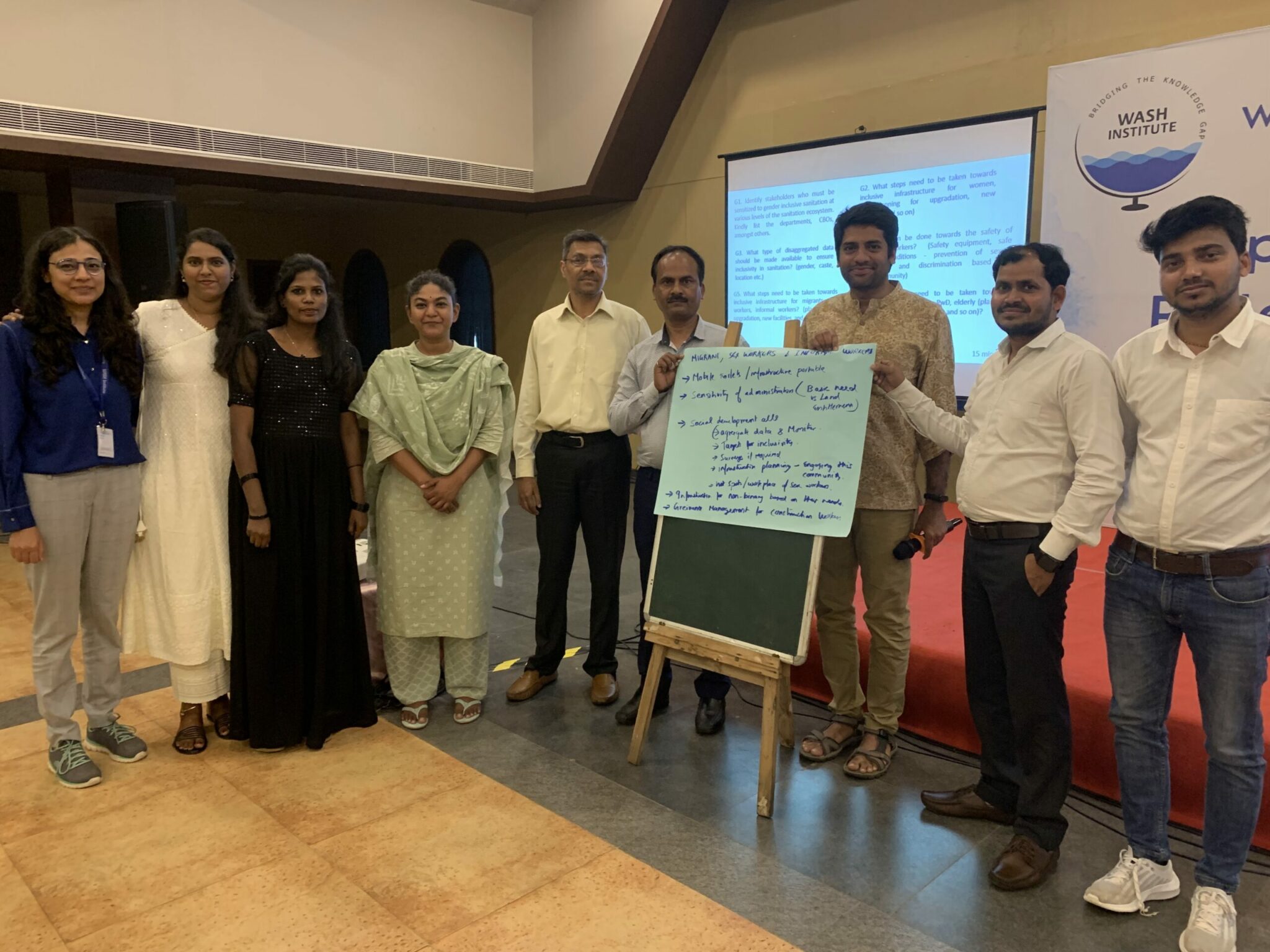Integrating Gender, Sexuality and Rights in Urban Sanitation
Delving deeper into its expertise on gender and sexuality, under its new strategic plan 2020-202, CREA ventured into the water, sanitation and hygiene (WASH) sector for the first time. The Gender and WASH program, CREA undertook a gendered analysis of the sanitation sector to understand the barriers, bottlenecks and opportunities for gender inclusivity in the sector, aiming to bring a gender, sexuality and rights perspective to the urban sanitation ecosystem.
CREA is working towards meaningfully integrating a gender and sexuality lens into the WASH sector in India, and provides support to six organizations working as state technical support units in the sector. These partner organizations include Ernst and Young in Odisha, Administrative Staff College of India in Andhra Pradesh, National Institute of Urban Affairs in Uttarakhand, the Centre for Environmental Planning and Technology in Maharashtra, the Centre for Science and Environment in Uttar Pradesh, and the Indian Institute of Human Settlements in Tamil Nadu.
CREA centers the voices of structurally excluded groups affected most by the lack of access to sanitation and sanitation facilities. We are working with menstruating girls and women, perimenopausal women, pregnant persons, transgender persons, sex workers, persons with disabilities and the elderly. We will also work with sanitation workers, to better understand how the WASH sector can amplify their voices against the still persistent practice of manual scavenging, and advocate for the safety of sanitation workers.
Under the program, CREA will be building the capacity of the partner organizations, conducting training for senior officials from the Housing and Urban Development Department and the state technical units, and providing strategic guidance on the integration of gender, sexuality and rights in urban sanitation.
Additionally, CREA will be setting up a Centre of Excellence (CoE) is envisioned to be one-stop resource centre, working in partnership with relevant stakeholders to integrate a strong gender, sexuality and rights perspective amongst key stakeholders such as civil society organizations (CSOs), state technical units, urban local bodies (ULBs), sanitation workers, WASH committee members, amongst others. CREA envisions that the CoE will eventually provide relevant frameworks, tools and capacity building on gender, sexuality and rights for other sectors such as health and livelihoods.



